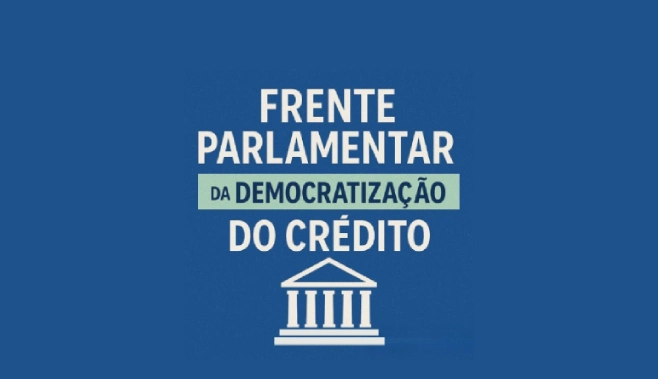In 2022, the launch of Chat GPT, created by the company Open AI, popularized the term “artificial intelligence”. This is an old concept, whose applications have been studied since the mid-twentieth century. The type of artificial intelligence that has become popular in recent years is ‘generative’ (GenIA), capable of understanding requests made in natural language and creating content in the form of text, images, and videos. In addition to this type, there is, among others, predictive AI, which seeks to predict future events based on historical data.
The use of technology is already transforming several industries. With generative AI, it is possible, for example, to achieve efficiency gains in operational activities such as customer service and content creation. In more strategic areas, such as risk control, predictive AI has the potential to improve the predictive capacity of credit risk and fraud assessment models, assisting in decision-making.
Data from the Banking Technology Survey, carried out by Febraban with Brazilian financial institutions, show that 74% reported cost reductions and efficiency gains in the execution of routine tasks with the application of artificial intelligence tools. For 63%, this technology has already improved fraud detection and prevention.
Advances in data analysis capabilities were mentioned by 58%. Given the abundance of data generated by the digitization of human activities, the great challenge is to transform these inputs into information that guides the economic and social operations. Artificial intelligence appears in the survey as a vector of efficiency and customization of solutions.
The credit bureau sector deals with databases that are among the largest in Latin America. Transforming this data into useful information for analysis, fraud risk measurement, and customer prospecting requires rapid advances, and the use of artificial intelligence technology has proven to be very strategic in the segment.
It should be noted that the sector has been successfully using Machine Learning technology for more than 20 years. I have participated in several international events and have been following the use of credit bureaus, ranging from agents to code generation, including database sanitisation. Among the main applications observed in Brazilian bureaus, the immediate updating of the credit note stands out, which benefits both the consumer and the creditor. In addition, there is great applicability of AI in the study of behavioral patterns to identify fraud attempts. In the internal areas, the optimization of data modeling routines makes it possible to significantly reduce costs and deadlines for the development of statistical models, while improving predictive capacity.
One of the challenges pointed out by the G20 for the financial inclusion of small businesses is the fact that these businesses require fewer resources while requiring a greater or equal effort than traditional credit analysis, making these operations less advantageous. In this sense, the application of artificial intelligence to automate credit granting processes reduces the costs of these operations, expanding small companies’ access to credit.
Finally, it is worth noting that the potential of technological advancement can only be realized in a favorable regulatory environment. In 2024, the European Union approved the first regulation of artificial intelligence, called the “AI Act”. Several countries, including Brazil, are now discussing their own regulatory model.
To establish legislation, Artificial Intelligence must be very well defined, in order to separate it from other less complex computer systems that already exist. There are two approaches: principled and rule-based. It is always necessary to consider the cultural aspects in the regulation. Market, Consumer and Regulator have different understandings and concerns. Dialogue between the parties is imperative for a balanced legal framework.
Just as the internet brought the digital revolution, AI brings the cognitive revolution. It is another civilizational advance. Perhaps the most appropriate term for what we call AI-Artificial Intelligence should be EI-Expanded Intelligence.
So far, I have addressed the technical-structural aspects. Another strategic dimension is the psychosocial one. Transformation starts with people. How to make this transition? ANBC started this process in October 2024 and continues to exponentiate its performance and impact. Depending on the interest in this article, we can continue this conversation.
The credit bureau sector has acted in important regulatory frameworks, such as the General Data Protection Law, and remains attentive to AI regulation proposals because it understands that technological advancement has a lot to contribute to the financial inclusion of companies and consumers.
Thank you for reading! Access other content on the ANBC page.



